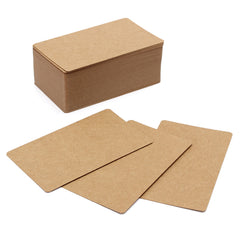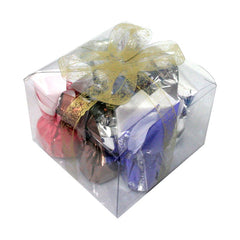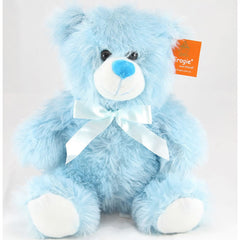It's sad to say but winter is the easiest time of the year to kill your houseplants if you're not careful. Lower light levels, dry air, cooler temperatures, and the risk of overwatering become real pain points. Fortunately, if you account for the change of season and modify the basics, your plant babies should be thriving all throughout winter time. Here are our top five tips for houseplant care this winter.
1. Light

In winter time the sun sits lower in the sky and the days are shorter. That, plus cloudy days mean light levels can drop by almost 50%.
To help indoor plants cope with their new light levels you can:
- Move your plants closer to the brightest windows (keeping in mind some plants don't like direct afternoon sunlight).
- Clean off dust from your plant leaves each week (to ensure the leaves can make maximum use of the light available.
- Clean your windows for the same reason as above.
- If your plants really like a lot of light, consider an artificial lamp such as a fluorescent bulb or grow light, 10 cm away from your plant's leaves.
2. Water
The most common reason houseplants die in winter is overwatering! It's tempting to water the same way you did in summer but, before every water, place your finger 5cm down into the soil to where the roots are. If the area is still dry don't water. Wait till your plants are completely dry before giving them a good rinse through. This may mean waiting till two weeks before watering them.
*If you're humidifying your plants, you'll need to water even less. Another way to test dryness is to check if the plant feels light when you lift it. That's a sign the soil is dry.
3. Temperature

Most low-light houseplants are understory tropicals that enjoy a minimum temperature of 18 - 23 degrees during the day. To avoid exposing your plants to extreme temperatures avoid placing your plants near cold or hot heat sources throughout the day. Be mindful of heaters and drafty windows. If your plants are near a window, keep them several inches away and consider closing the window in the evenings.
4. Humidity

Houseplants enjoy 40 - 50% humidity during the day but winter usually reduces humidity to around 5 - 10%. Use bowls of water, a humidifier, or even place your plants on pebble trays to keep up the humidity.
Signs of low humidity might be brown tips or pests showing up, such as Spider Mites.
5. Prune and Fertilise
Unless you're living in a cold climate where natural light levels are extremely low, it's okay to continue your plants fertilising schedule. If you're unsure, look up fertilising requirements of that particular plant during winter.
Winter is also a time when some plants can become sparse and leggy. Prune and pinch plants to promote continued growth.
Good luck! Let us know how you get on - caring for your plants this winter.































